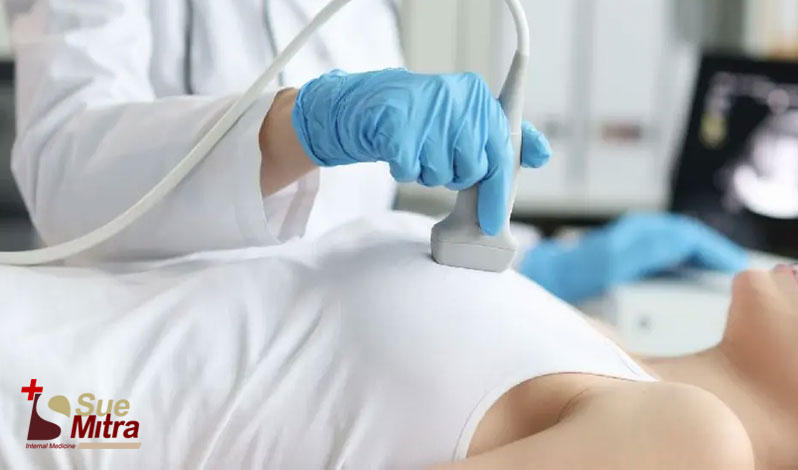
16, Sep 2024
Overview:
Cancer screening is a vital part of preventive healthcare, helping to detect cancer at its earliest stages when treatment is most effective. Whether it's your first screening or a routine check-up, knowing how to prepare can make the experience smoother and less stressful. This guide provides essential tips to help you get ready for your cancer screening appointment.
1. Understand the Type of Screening
The first step in preparing for your appointment is understanding the specific type of cancer screening you will undergo. Common screenings include mammograms for breast cancer, colonoscopies for colorectal cancer, Pap smears for cervical cancer, and low-dose CT scans for lung cancer. Each screening has different requirements, so knowing what to expect is crucial. Your healthcare provider should provide detailed instructions on how to prepare, including any dietary restrictions, medications to avoid, or specific clothing to wear.
2. Gather Your Medical History
Before your screening, gather your medical history, including any previous test results, surgeries, and family history of cancer. This information is critical for your healthcare provider to assess your risk factors and interpret the results accurately. If you're unsure about your family’s medical history, try to have a conversation with relatives to fill in any gaps. Having this information readily available during your appointment can also expedite the process and ensure nothing important is overlooked.
3. Follow Pre-Screening Instructions
Specific preparations may be required depending on the type of screening. For example, if you're having a colonoscopy, you may need to follow a special diet or take a bowel prep solution to clear your intestines. For a mammogram, you should avoid using deodorants, powders, or lotions on the day of the test, as these can interfere with the imaging. It’s essential to follow these instructions closely to ensure the accuracy of the screening results and to avoid having to reschedule the test.
4. Discuss Medications and Allergies
Inform your healthcare provider about any medications you are taking, including over-the-counter drugs, supplements, and herbal remedies. Certain medications may need to be paused before the screening, especially blood thinners, which can affect the results or the procedure itself. Additionally, if you have any allergies, particularly to iodine or contrast dyes used in imaging tests, be sure to notify your provider in advance so they can make the necessary adjustments to your care plan.
5. Plan for Transportation and Recovery
Some screenings, such as colonoscopies or certain biopsies, may require sedation or anesthesia, which means you won’t be able to drive yourself home afterward. Arrange for someone to accompany you to the appointment or pick you up afterward. If your test requires sedation, plan to rest for the remainder of the day, as you may feel groggy or unsteady on your feet.
6. Ask Questions and Voice Concerns
Before your screening, take the opportunity to ask your healthcare provider any questions or express concerns you might have. Understanding the purpose of the test, the risks involved, and what the results might indicate can help alleviate anxiety. Your provider can also explain how long it will take to receive your results and what the next steps will be based on the findings.
7. Prepare Mentally and Emotionally
Screening for cancer can be an emotionally charged experience, especially if you have a family history of the disease or have had previous health scares. It’s natural to feel anxious, but preparing mentally and emotionally can help. Consider mindfulness techniques, deep breathing exercises, or talking to a trusted friend or counselor about your concerns.
Conclusion
Preparing for your cancer screening appointment involves more than just showing up. By understanding the type of screening, following pre-screening instructions, gathering your medical history, and addressing any concerns with your healthcare provider, you can ensure that your screening process is as smooth and effective as possible. Remember, early detection through regular screenings is a powerful tool in the fight against cancer, and taking the time to prepare adequately is a crucial step in safeguarding your health.
Dr. Sue Mitra and her staff strive to offer their patients the best care, advice and services available in the medical field with the goal to keep patient healthy & happy.

Dr. Sue Mitra is board certified in international medicine. She is seen here with a Cologuard, which is a noninvasive colon cancer screening test. (Photo by: Tim Shortt/Florida Today)